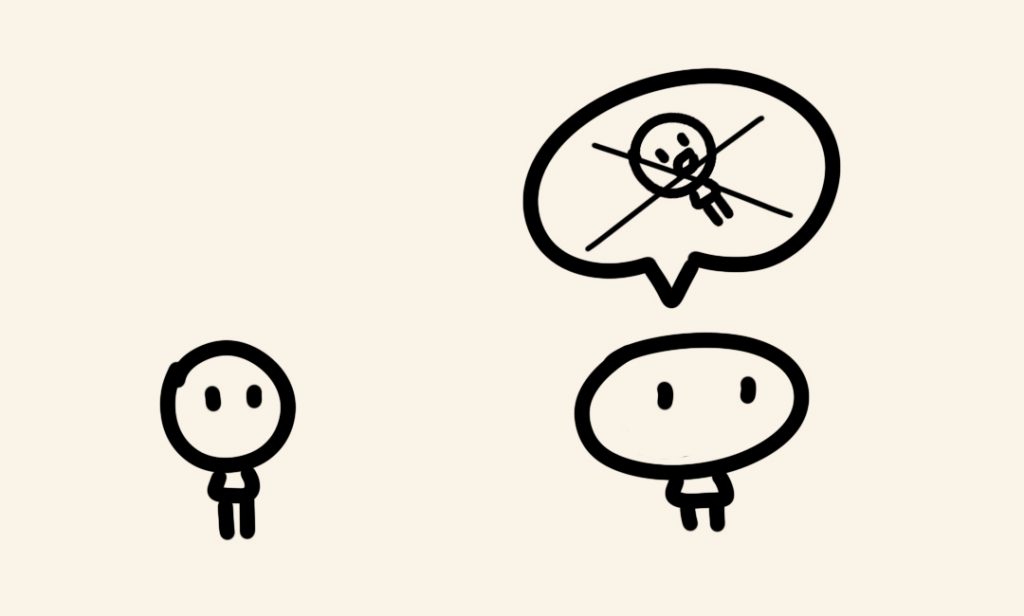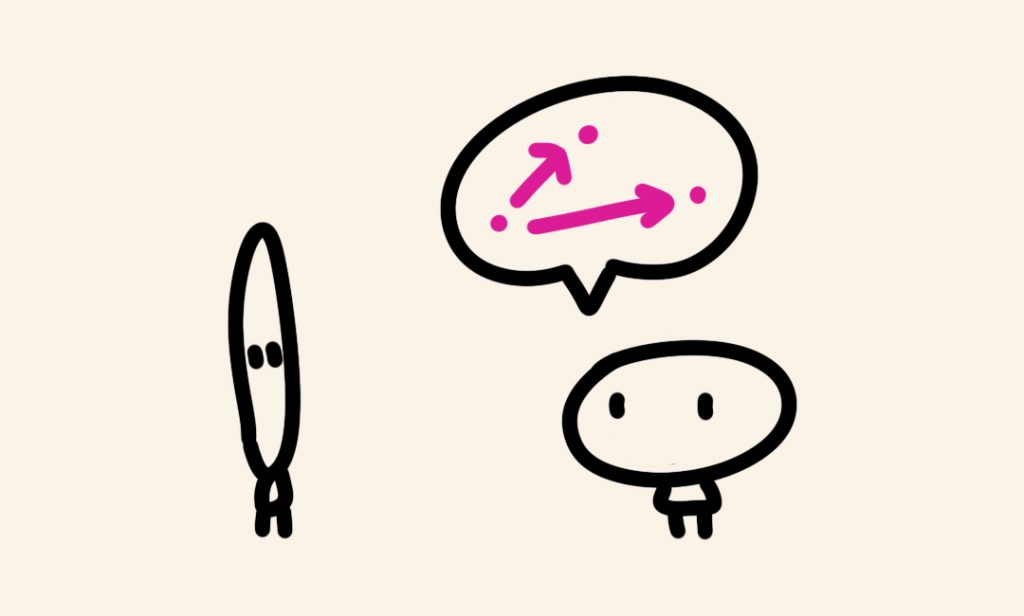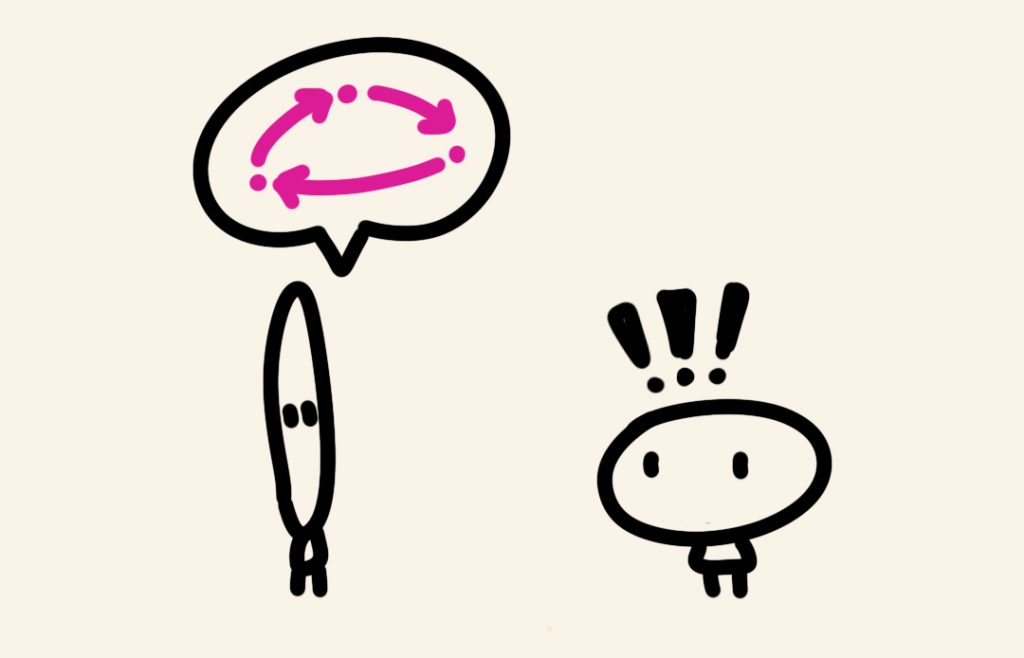Wisey Stories: Naive Realism

Wisey spends time on different subjects and reads and research about them… Wisey knows a lot of things.

In most people’s opinion, Wisey is an educated person. When he speaks, many learn a lot of things from him.

However, some are sometimes not in agreement with what he says and disagree or criticize him.

The opposing opinions hold no importance for Wisey, because he believes that only an illiterate or illogical person could disagree with him.

When Wisey explains his opinion completely and precisely regarding a subjest, he expects the person on the other side of the table to agree with him.

And when the other person doesn’t understand the subject or reaches a different conclusion, he thinks they are stupid.

What Wisey doesn’t know is that he has a case of naive realism. Based on the opinions of social psychologists, naïve realism has three properties:
- The person believes that he/she sees the world in an objective and unbiased way.
- The person expects everyone to reach the same conclusions, if the same information is available for everyone and the information is processed in a logical way.
- The person believes that whoever has a different opinion than his, is ignorant, illogical and biased.

While Wisey’s circle of influence is limited, we’re more worried about himself and a little worried about his audience, but when he gains power (like becoming a public face or involved in politics), we should be worried about our society only having one mouthpiece.
Reference:
Ross, L., & Ward, A. (1996). Naive realism in everyday life: Implications for social conflict and misunderstanding. In T. Brown, E. S. Reed & E. Turiel (Eds.), Values and Knowledge (pp. 103–135)
